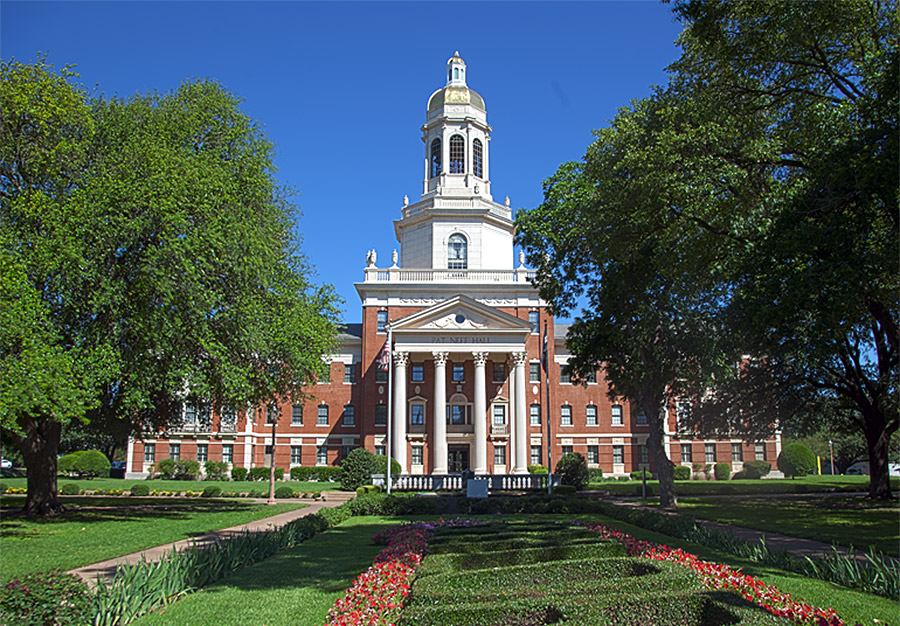
This past week, Congressman Thomas Massie filed a bill that is only a sentence long and reads, “The Department of Education shall terminate on December 31, 2018.” Although it is unlikely that the bill will pass, it presents an idea that might sound erratic and unrealistic at first glance. However, the one-line bill offers an idea that would greatly improve the education system in the United States.
President Carter created the Department of Education in 1979 primarily to appease teachers’ unions after they supported his campaign. Since then, it has continued to serve as a political tool for both parties to advance their agenda rather than a means of supporting American children’s education. In 2001, President Bush created the No Child Left Behind Act which took an unrealistic approach to evaluating schools. Although not responsible for creating the act, the department has worked to enforce it and see its continued existence. More recently, President Obama’s administration furthered the Common Core State Standards initiative, dictating what teachers do in the classroom. Thus, the department has not positively influenced the curriculum in classrooms but instead hurt the curriculum by unnecessarily controlling it.
Education is not delegated as one of the enumerated powers held by the federal government, implying that state and local governments hold authority over it. Therefore, the Department of Education is often considered unconstitutional. Abolishing the Department of Education would return the responsibility of managing school to local government. City and town governments are best fit to manage schools because they are familiar with the specific needs of their community. Every town in the United States is different, and the federal government is incapable of understanding the students in each of those towns. In contrast, local governments know the individual students in their schools and can devise curriculums that are tailored to their community. This would create proficiency standards that are less arbitrary, as well as ensure that students are learning relevant knowledge and not being “taught to tests.” Parents would have a larger role in educating their children instead of the federal government.
Will Congressman Massie’s bill become law? Probably not. Yet, it is important to understand the current problems our education system faces. Partisan politics should not be what determines the material taught in classrooms. Abolishing the Department of Education would improve the quality of education in our country. If nothing else, it would save the federal government billions of dollars in tax dollars. After all, it makes more sense to pay taxes to the school down your street than to a bureaucratic branch of the government. So, while Congressman Massie may sound radical, he might be on to something.
Brittany Gamlen is a junior majoring in political science.







